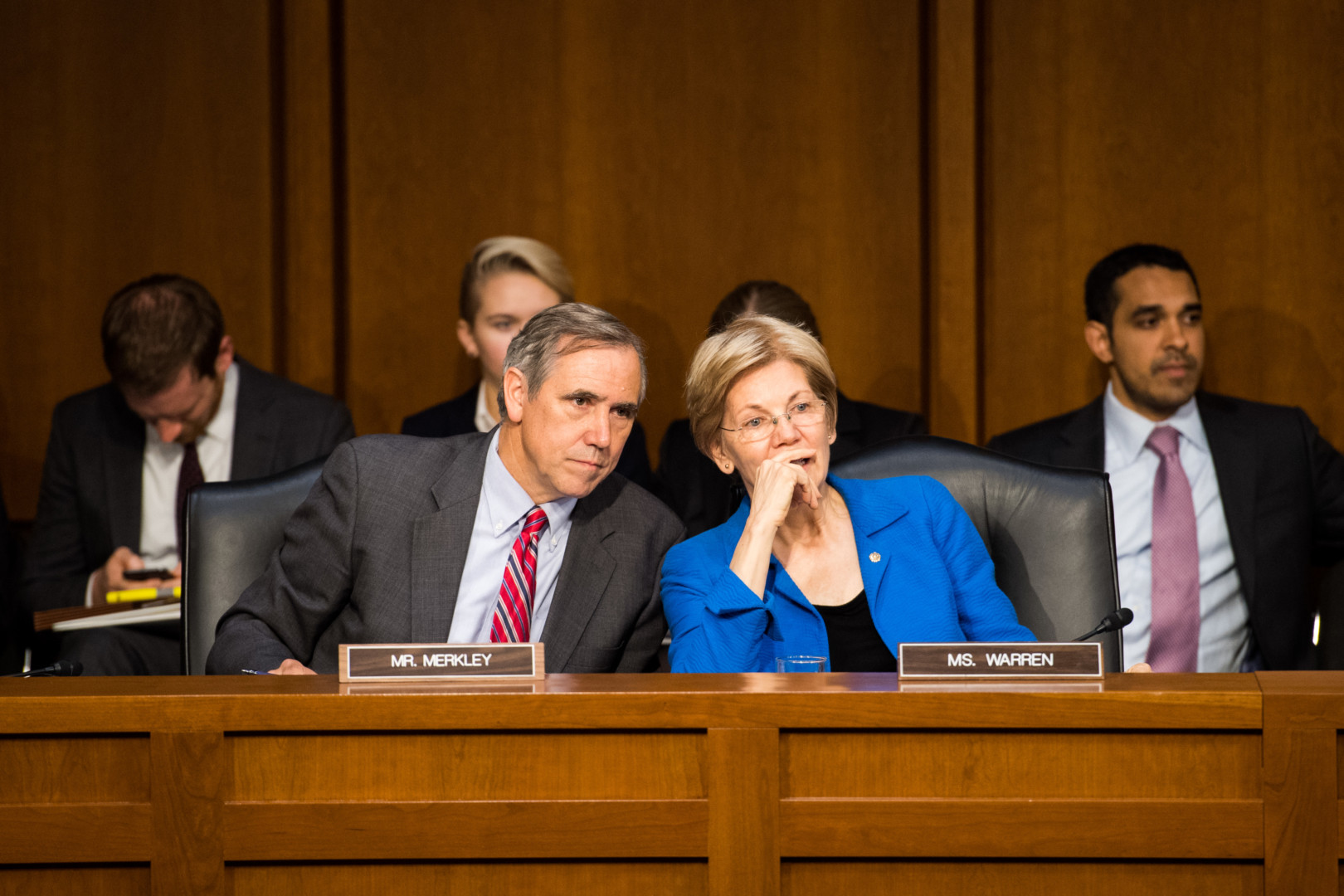October 3, 2016 at 1:19 pm ET
- Share on Facebook
- Share on Twitter
- Share on LinkedIn
- E-mail to a friend



As Hillary Clinton, President Obama, and most Senate Democrats coalesce around a government-run insurance agency as part of the solution to Obamacare cost woes, a large problem remains unaddressed: Insurers hate the public option.
Democrats, including the Clinton campaign, are showing little sympathy.
In recent months, several insurance plans have pulled out of Obamacare exchanges, citing losses. Many areas of the country will see double-digit premium increases in 2017 as insurers try to recoup their losses and bring rates in line with medical claims. The insurance industry has made it clear that participating in exchanges has, thus far, not been easy.
In light of these struggles, insurers say adding a public option, which may be able to price health coverage significantly lower than private plans, is not the answer.
“We need proven solutions that will make health care more affordable for everyone. A public option is not one of those solutions — not for consumers, for doctors, for hospitals, or for taxpayers. We need to solve problems, not make them worse,” said Marilyn Tavenner, president of America’s Health Insurance Plans, in a statement.
“The private sector can deliver solutions. A government-run plan cannot,” she added.
Clinton has a deep understanding of how important the support of the health care industry is to achieve any kind of comprehensive overhaul after her own failed attempt at passing broad health legislation under her husband’s presidency.
But Clinton’s campaign is willing to push a public option anyway, according to an outside health care advisor. The alternative for insurers is to continue participating in Obamacare exchanges.
Insurers “are increasingly aware that it is untenable for policymakers to sit back idly should their constituents have no options for health insurance coverage,” the advisor told Morning Consult in an email.
“As such, if health insurers want to have the most credible argument against public options, they have to broadly participate in exchanges and offer affordable choices to policymakers’ constituents,” the advisor added.
A public option is only one piece of Clinton’s detailed policy plan to improve Obamacare and health care affordability. She has also suggested increasing exchange premium subsidies, capping out-of-pocket costs for consumers, and cracking down on prescription drug prices.
Some of these ideas have the support of insurers. But if the goal of a public option is to push premiums downward when insurers are already struggling, some argue this would only make the situation worse. Many experts note that it all comes down to the details of the plan.
The other big problem with a public option is political. It’s vigorously opposed by Republicans and deemed unrealistic by many moderate Democrats. It was originally included in the Affordable Care Act, but removed under the opposition of centrist Democrats who wouldn’t vote for it.
Instead, it was replaced with nonprofit co-op insurance plans. Most of those have now failed after sustaining heavy losses. Still, outside observers say a public option isn’t likely to happen eight years after it first failed to make it into the health care law.
“Clinton’s proposal for a public option won’t be greeted warmly by insurers, but it also doesn’t have a high likelihood of being enacted,” said Larry Levitt, a senior vice president at the Kaiser Family Foundation.
Despite the steep uphill political battle a public option presents, 33 Democratic senators introduced a resolution last month, sponsored by Sen. Jeff Merkley (D-Ore.) in support of a public option.
Notably, 12 Democrats and Maine Sen. Angus King, an independent who caucuses with Democrats, did not sign on to the resolution.
Independent Sen. Bernie Sanders of Vermont, who has advocated for a total state-run health care system, did sign it.
Insurers were largely mum on the resolution itself, but that doesn’t mean they would react the same way if Democrats keep up their push for a public option next year. AHIP sent an educational note to its members letting them know that the public option resolution was coming. But AHIP officials say they are not planning on actively lobbying against it.
“They don’t like it and will vigorously fight if it the Democrats pursue it,” said one GOP lobbyist in an email. “They didn’t come out guns-a-blazin’ on the Merkley resolution because [it’s] just a ‘Sense of the Senate,’ which is a big nothing-burger. However, next year, if they pursue it legislatively, the insurers will come out in force.”
The public option could be dismissed as a campaign tactic, but Clinton is widely regarded as knowing how to strike a deal and operate within the context of political reality. She is also at home in the world of wonky policy ideas, which will certainly be needed if a bipartisan, industry-supported Obamacare change is ever to come about.
“If Clinton is elected, she’ll face a host of more nitty-gritty operational issues affecting insurers that probably won’t come up during the campaign,” Levitt said. “Her biggest health policy challenge early on will be ensuring the stability of the marketplaces, and that will inevitably involve some give and take with the insurance industry.”